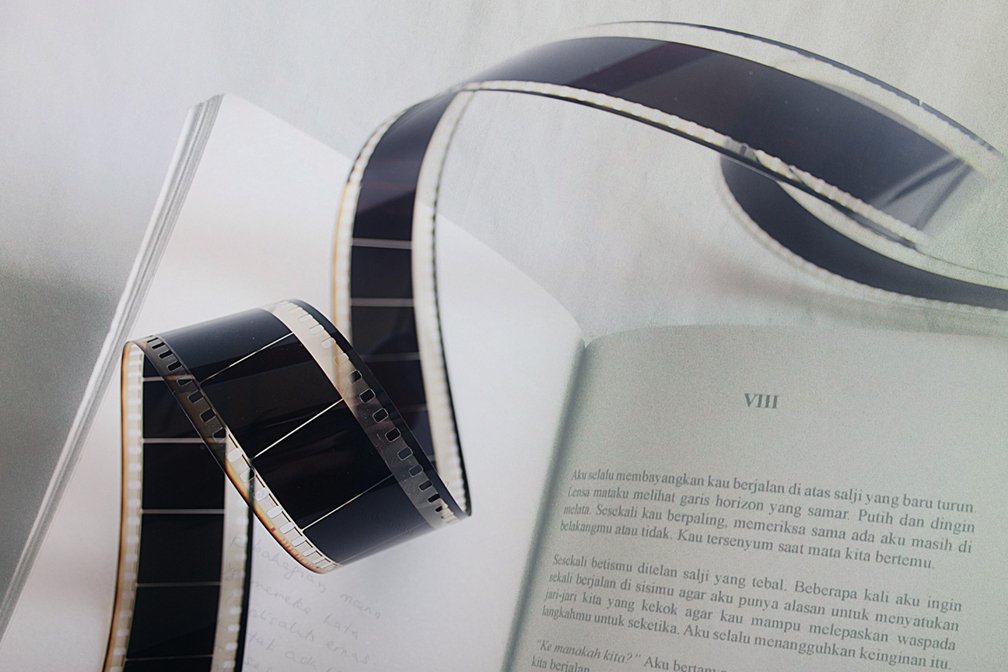When it comes to preserving your life story for future generations, two popular options emerge: writing a book or creating a video. Each medium has its own unique advantages and disadvantages, and the choice ultimately depends on your personal preferences and goals. Let’s explore the pros and cons of memory-keeping each approach.
Producing a book about your life
Pros of book format:
Depth and detail: Books allow for a more comprehensive exploration of your life experiences, thoughts, and emotions. You can delve into the intricacies of your story, providing rich context and nuance that might be challenging to convey in a video format.
Timelessness: Books have a certain timeless quality. They can be passed down through generations, serving as a tangible link to your legacy. The written word has a permanence that can withstand the test of time.
Flexibility: Writing a book gives you the freedom to structure your story in various ways, such as chronologically, thematically, or through a series of vignettes. You can also include photographs, illustrations, or other visual elements to enhance the narrative.
Cons of book format:
Time-consuming: Writing a book requires a significant investment of time and effort. It can take months or even years to complete, depending on the scope of your project and your writing experience.
Limited audience reach: While books have the potential to reach a wide audience, they may not have the same immediate impact as a video.
Lack of audio-visual elements: Books rely solely on the power of words to convey your story. They lack the audio-visual elements that can make a video more engaging and emotionally resonant.
Producing a video about your life
Pros of video format:
Emotional impact: Videos have the ability to capture the essence of your personality, mannerisms, and emotions in a way that words alone cannot. Seeing and hearing you share your story can create a powerful emotional connection with your audience.
Accessibility: Videos can be easily shared and consumed across various platforms. This accessibility may help your story connect with different generations more easily.
Collaboration opportunities: Creating a video often involves working with a team of professionals, such as videographers, editors, and sound designers. This collaboration can bring fresh perspectives and creative ideas to your project.
Cons of video format:
Brevity: Videos are typically shorter in duration compared to books, which means you may have to condense your life story into a more concise format. This can result in the omission of certain details or anecdotes that you might have included in a book.
Technical challenges: Producing a high-quality video requires technical expertise and equipment. The cost of producing video is often much higher than producing a book.
Audience engagement: Readers engage with your story at their own pace while a video is a more passive experience for the viewer.
Ultimately, the decision to create a book or a video about your life depends on your personal goals, resources, and target audience. Both mediums have their strengths and weaknesses, and it’s essential to consider which format aligns best with your vision for sharing your life story. Whether you choose to write a book or produce a video, the most important thing is to stay true to your authentic voice and the message you want to convey to future generations.
Any member of the Biographers Guild of Greater New York can help you think about how to best tell your story. If you are interested to speak with someone, please visit our “Find a member” page.
The artificial intelligence tool, Claude 3 Opus, was used in the writing of this article.
Clémence Scouten, based in the Philadelphia area, helps people curate and preserve their family history stories and materials, providing an array of end products from archived collections to memoirs.

